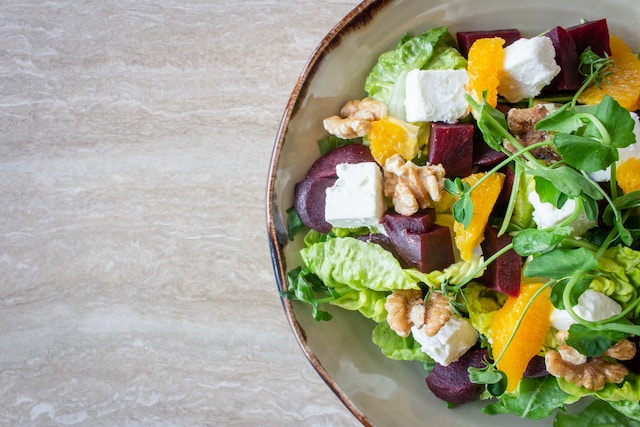The food you consume promotes either the presence of beneficial or harmful microorganisms. This is a significant differential considering the 100 trillion bacteria that reside in your gut. Your gut microbiome affects several aspects of your health, including digestion, metabolism, and immunity. When unhealthy bacteria proliferate, they can also play a role in various conditions, ranging from mood disorders to obesity and digestive problems. A gut-healthy diet helps support microbial equilibrium, which can significantly affect how you feel.
The cornerstone of your health is your gut. Your gut has a connection to everything, from your digestion to your mood, to your skin, to even your hormonal balance. We know there is a significant link between the health of our gut and our brain(called the gut-brain axis or GBA). All of the connections between our central nervous system and enteric nervous system are included in the GBA. These connections are crucial for the health of our metabolism, immune system, and hormone system.
Research conducted by Dr. Christine Bishara was also crucial. She was the first to publish a study tying particular impairments in beneficial gut bacteria to the severity of Covid. The study, which was the first of its kind, has now been confirmed by several other studies and clinical data. Visit www.fromwithinmedical.com and read the overview on the homepage. The focus of all future medical research is expected to concentrate on gut health. According to Bishara, we'll start to see an association with various chronic conditions and cancers.
These show the importance of a healthy gut, and such feats can be gained through a healthy diet. Putting gut-healthy foods first can significantly impact gut flora and help restore balance. Here are a few crucial things to think about:
- Prebiotics
Prebiotics are the fiber rich plant-based sources that feed our gut microorganisms.
Concentrate on consuming a lot of fiber and complex carbohydrates, as these foods support healthy microorganisms. Asparagus, flaxseeds, artichokes, and jicama are particularly beneficial prebiotic foods. Some prebiotic meals are difficult to absorb or digest. Instead, they head straight towards your colon, providing the healthy gut bacteria with the nutrients they need to produce short-chain fatty acids that are good for you and give you energy.
- Probiotics
Probiotic-rich and fermented foods, including yogurt, sauerkraut, kimchi, kefir, tempeh, kombucha, miso, and a generally balanced diet and lifestyle, may help to support excellent gut health, according to reliable studies. Using a tailored supplement to support the healthy bacteria in your stomach is another option.
- Polyphenol
Berries, cherries, plums, beans, nuts, artichokes, and spinach are foods high in polyphenols that might help your body produce more beneficial bacteria such as Bifidobacterium and Lactobacillus.
- Mindful Eating
Be sure to chew your food thoroughly. Your saliva contains vital enzymes that kick off the digesting process. Inadequate chewing of food causes the digestive system to work harder, which can result in bloating, gas, and other digestive complaints.
Your digestive system and mood are both influenced by your gut. While many factors might affect gut health, your food has the most impact. To restore your gut microbiota and improve your overall well-being, a gut health diet works to starve out the harmful bacteria harmful, feeding the beneficial ones. While sugar and processed foods can contribute to imbalance, plant fibers, and fermented foods are particularly advantageous.


No comments yet